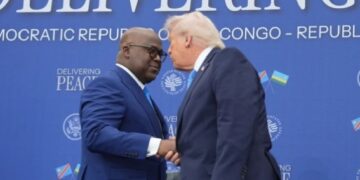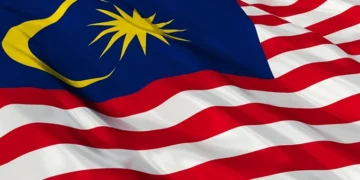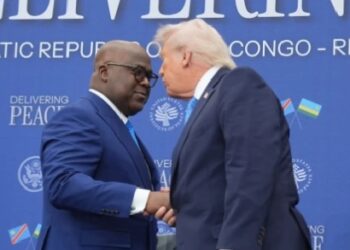A damning new report by Swiss nonprofit Swissaid reveals Ghana is hemorrhaging an estimated $2.3 billion annually through rampant gold smuggling, with most illicit shipments flowing to the United Arab Emirates. The findings expose systemic weaknesses in West Africa’s gold trade that are depriving governments of critical revenue while fueling regional instability.
An analysis of 2018–2022 trade data uncovered a 229-ton gold gap, valued at $11.4 billion, between Ghana’s declared exports and Dubai’s recorded imports, equivalent to the country’s entire annual artisanal production. The smuggling occurs through porous land borders into Togo and Burkina Faso, hand-carried shipments on commercial flights to Dubai, and informal trade networks exploiting Dubai’s lax declaration rules.
Ghana’s 2019 imposition of a 3 percent withholding tax on artisanal gold backfired spectacularly. Between 2019 and 2021, formal exports collapsed by 90 percent while smuggling surged. In 2022, a tax reduction to 1.5 percent partially revived legal trade. The full tax abolition in 2024 preceded a recent export rebound.
“These losses represent critical funding that could support healthcare, education and infrastructure,” said Kwame Asante, a Ghanaian economist specializing in extractive industries. “Instead, the profits are lining the pockets of smugglers and foreign dealers.”
The gold smuggling epidemic extends beyond Ghana. More than $35 billion in African gold annually reaches Dubai through undeclared channels, according to UN estimates. Over 10 million artisanal miners across sub-Saharan Africa remain vulnerable to exploitation. Growing evidence suggests armed groups are taxing smuggling routes in Burkina Faso and Mali.
While Ghana’s government has established a gold traceability system, created a centralized gold purchasing program, and partnered with Switzerland to clean up supply chains, progress remains slow. “The current administration is moving in the right direction, but not nearly fast enough,” said Bright Simons of IMANI Africa. “Every month of delay means more lost revenue and strengthened smuggling networks.”
Despite 2022 reforms to its gold import policies, Dubai continues to serve as the world’s leading hub for informal gold trading. UAE authorities maintain their regulations meet international standards, but experts say enforcement remains weak.
As Ghana prepares to implement its Gold for Oil barter program, the smuggling crisis threatens to undermine economic stabilization efforts. With artisanal mining supporting nearly 1 million Ghanaian livelihoods, policymakers face the delicate challenge of formalizing the sector without disrupting vital income streams.
The report’s findings are likely to intensify calls for tighter border controls along West African smuggling routes, stronger international cooperation to track gold flows, better economic alternatives for artisanal miners, and stricter enforcement of Dubai’s gold import rules.




































